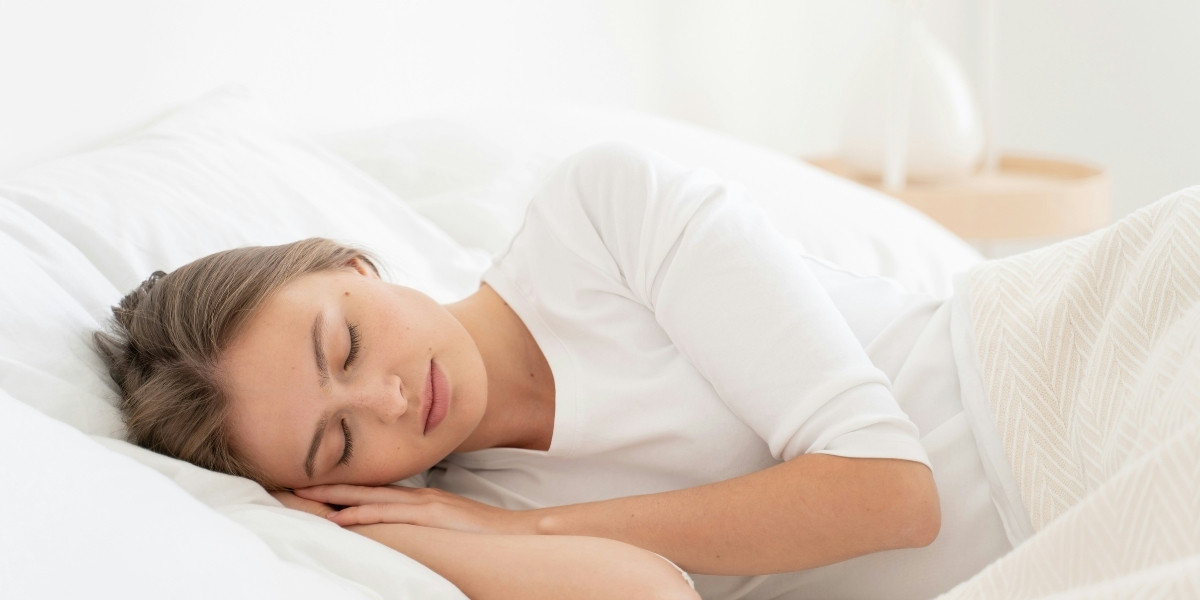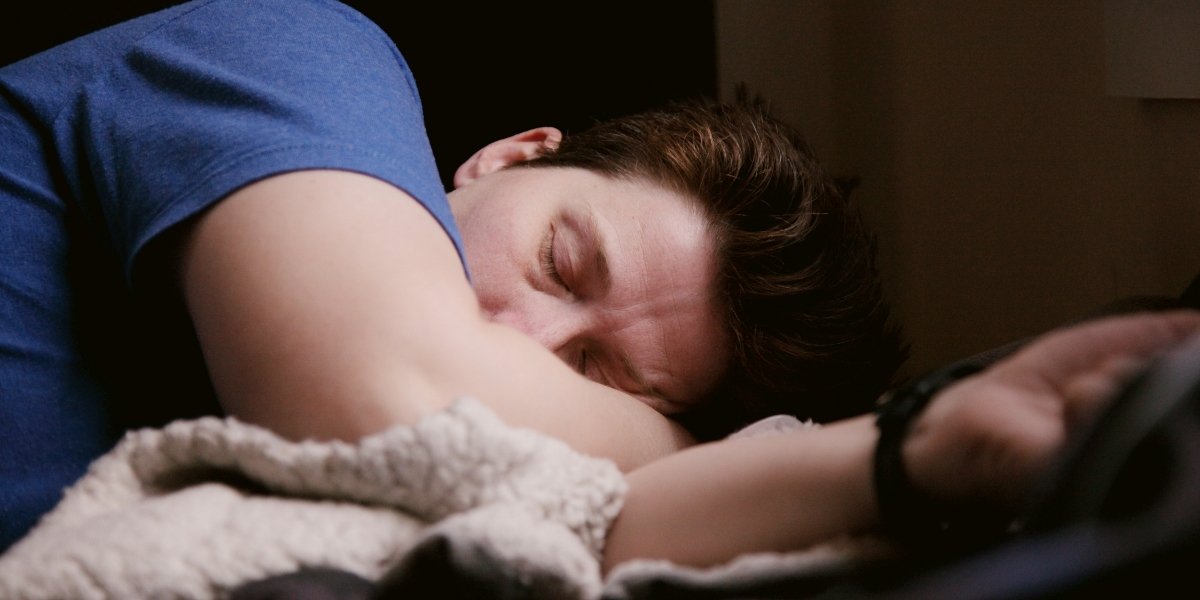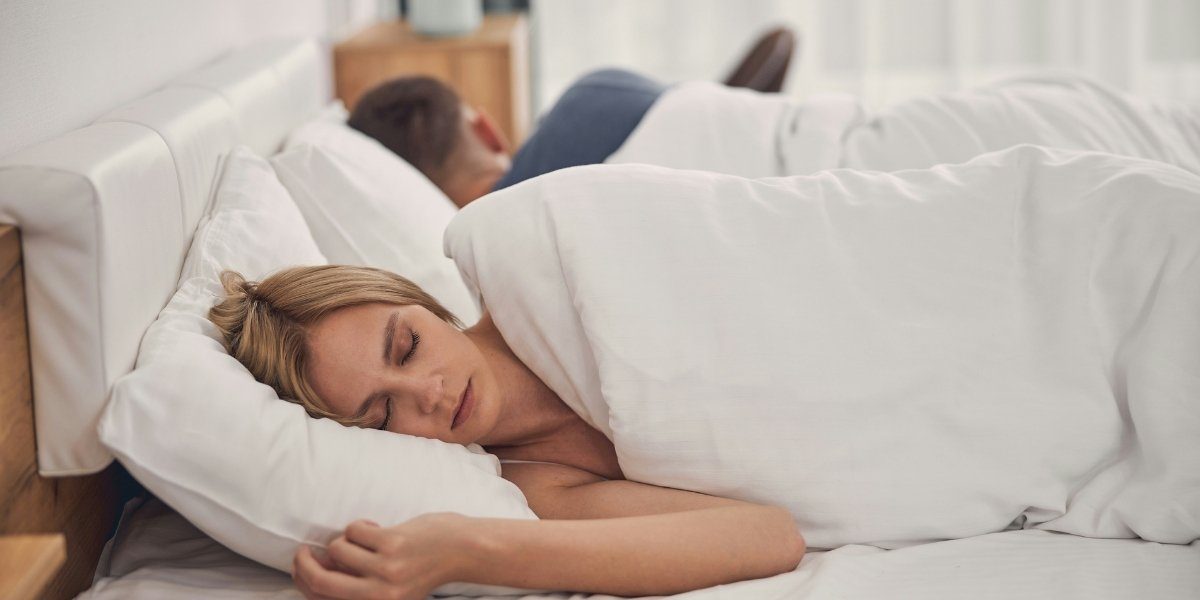Sleep is an essential part of everyone’s day. It plays a crucial role in how people feel, think, and perform throughout their daily lives. However, the way men and women experience sleep can differ significantly. From how long they sleep to how restful that sleep actually is, the differences are influenced by a mix of biological, hormonal, and social factors. Understanding these gender differences in sleep is important, especially if we want to improve our overall health and well-being.
Read also: Wake Up Truly Rested by Optimizing Your Sleep Schedule
Why Do Men and Women Sleep Differently?
One of the most obvious differences between men and women when it comes to sleep is the way they experience it. Men and women have different biological and hormonal setups, which play a big role in how they sleep. For example, women often face sleep challenges throughout their lives due to fluctuations in hormones, something men don’t experience in the same way. Whether it’s during menstruation, pregnancy, or menopause, women’s sleep tends to be more disrupted, with hormonal shifts causing everything from difficulty falling asleep to waking up frequently during the night.
Additionally, the circadian rhythm, our body’s natural clock that helps regulate sleep patterns, also works differently for men and women. Research has shown that women’s circadian rhythm tends to run a bit earlier than men’s. This means women are generally more likely to go to bed earlier and wake up earlier. While this may sound like an advantage, it can sometimes clash with social schedules, creating sleep disturbances if external pressures don’t match their body’s natural rhythm.
Do Women Need More Sleep Than Men?

Photo Credit: Unsplash.com
The short answer is: not exactly. While women do tend to sleep a little longer than men, about 11 minutes more per night on average, this difference is not huge. However, there are certain times in a woman’s life when her sleep needs change, especially during pregnancy and menopause. During pregnancy, hormonal changes and physical discomfort can make sleep more difficult, which may increase the overall time spent in bed.
Men, however, generally need slightly less sleep on average. That’s not to say their sleep is better, though. While they may sleep less, it doesn’t necessarily mean their sleep is more restorative. In fact, some studies suggest men may have deeper sleep cycles, while women experience lighter sleep, which can leave them feeling less rested. When it comes to sleep quality, women’s sleep is often interrupted more by factors like stress, anxiety, or caregiving duties.
What Sleep Disorders Affect Men and Women Differently?
Sleep disorders are common, but men and women tend to experience them in different ways. Women are more likely to suffer from insomnia, a condition where falling asleep or staying asleep becomes a struggle. Hormonal fluctuations are one reason behind this. As women go through changes like pregnancy, menstruation, or menopause, they’re more likely to experience disruptions in sleep.
On the flip side, men are more prone to sleep apnea, a condition where breathing stops and starts during sleep. While sleep apnea can affect both genders, it tends to be underdiagnosed in women. This is because the symptoms in women aren’t always as obvious as in men, think loud snoring, a common sign in men. Women may experience more subtle symptoms like insomnia or waking up frequently, which can go unrecognized as sleep apnea.
Then there’s restless leg syndrome (RLS), which is another condition that impacts more women than men. RLS causes an irresistible urge to move the legs while trying to sleep, which can make it difficult to fall asleep or stay asleep. Women are also more likely to deal with parasomnias, conditions like sleepwalking or night terrors, compared to men.
How Do Hormones Impact Sleep in Men and Women?
Hormones are a big factor when it comes to sleep. Women go through significant hormonal changes throughout their lives that can affect how they sleep. During menstruation, the fluctuations in estrogen and progesterone can cause discomfort and make it harder to get a restful night’s sleep. But it doesn’t stop there. Pregnancy brings about more hormonal changes, leading to difficulty sleeping due to physical discomfort or nausea. Menopause, too, comes with a drop in estrogen levels, which can result in hot flashes, night sweats, and frequent wake-ups during the night.
For men, while testosterone levels can affect sleep, they typically don’t experience the same dramatic hormonal fluctuations as women. However, as men age and their testosterone levels begin to decline, they might notice more sleep disturbances, including difficulty falling asleep and staying asleep.
What Social and Lifestyle Factors Impact Sleep in Men and Women?
It’s not just biology and hormones that affect sleep. Social and lifestyle factors also play a significant role. Women, for example, often have more caregiving responsibilities, whether it’s taking care of children, elderly family members, or balancing work and home life. This “second shift” can lead to fragmented sleep, as women may wake up multiple times during the night to tend to others, which impacts sleep quality.
Social expectations also come into play. Women may feel societal pressure to be the primary caretaker or to juggle various roles. This stress can lead to more frequent sleep disturbances and difficulty relaxing before bed. Men, on the other hand, may face fewer caregiving pressures, which could contribute to longer, more uninterrupted sleep. However, they’re not immune to sleep issues. Work-related stress, sedentary lifestyles, or unhealthy habits like consuming alcohol late at night can also lead to sleep disruptions.
Read also: Why Digital Detoxing Is Crucial for Mental Clarity and Focus
Does Gender Affect Sleep Duration and Quality?

Photo Credit: Unsplash.com
Even though men and women may sleep roughly the same amount of time, the quality of that sleep is where the real difference lies. Women generally experience lighter sleep and are more likely to wake up during the night, which makes their sleep less restorative. Men’s sleep tends to be deeper, allowing them to feel more rested in the morning. However, men may still experience sleep disturbances related to issues like sleep apnea, which can affect the overall quality of their sleep.
The impact of poor sleep extends beyond just feeling tired, it can affect physical and mental health. Chronic sleep deprivation is linked to an increased risk of heart disease, obesity, and weakened immune function. For women, the combination of sleep disruptions, hormonal changes, and caregiving responsibilities can increase the likelihood of chronic sleep deprivation.
Understanding the gender differences in sleep is essential, not only to improve sleep quality but also to promote better health overall. By recognizing how hormones, biological factors, and social roles influence sleep, individuals can make better choices to improve their rest and, ultimately, their health.








